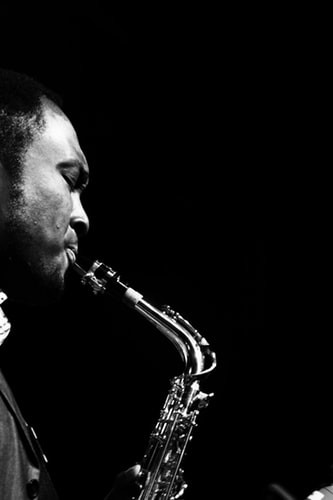The Cultural Tapestry of Music:
Music serves as a living thread woven into the cultural tapestry of societies around the world. In various groups, music acts as a means of maintaining history, passing on oral traditions and celebrating shared records. Whether through traditional folk’s songs, indigenous chants or classical compositions, track embodies the essence of cultural identity and fosters a sense of belonging and connection between individuals.
In addition, music serves as a bridge among generations, helps inter-generational communicate and preserves cultural background. Through the transmission of musical expertise and practices from elders to youth, societies keep continuity and resilience to social alternate.
Social movements and protest songs:
Throughout records, tune has been an effective tool for social and political activism, amplifying voices of dissent and accelerating moves for alternate. From the civil rights anthems of the 1960s to the protest songs of the Arab Spring, song has galvanized the masses, sparked revolutions and challenged oppressive structures.
In particular, protest songs embody the spirit of resistance, express grievances, and rally groups around shared reasons. Artists like Bob Dylan, Nina Simone, and Bob Marley have used their musical talent to confront injustice, inequality, and oppression, inspiring generations to arise for his or her rights and envision a better global.
In addition, music serves as a unifying pressure inside social moves, selling unity and concord among activists. Whether sung at marches, rallies or sit-ins, protest songs provide a collective soundtrack for dissent and imbue movements with wish, courage and resilience.
Globalization of musical styles:
In an increasingly more connected international, music transcends borders, languages and cultural variations to function a accepted language of expression and communique. Through globalization, musical patterns and genres pass continents, mixing distinct influences and creating new hybrid forms.
The proliferation of virtual platforms and streaming offerings has facilitated the global distribution of music and allowed artists from marginalized groups to reach worldwide audiences. From K-pop to Reggaeton, the upward push of regional tune actions has challenged Western dominance of the global track industry and amplified various voices and perspectives.
In addition, song fairs and cultural exchanges serve as channels for intercultural talk and cooperation that promote mutual information and appreciation among extraordinary groups. By embracing cultural variety and celebrating musical pluralism, societies increase their cultural landscapes and domesticate a greater inclusive and harmonious world.
Conclusion:
In conclusion, the relationship between music and society is one of deep connection and mutual influence. Music shapes and expresses the collective consciousness of mankind, from the preservation of cultural heritage to the quickening of social movements. As we navigate the complexities of today’s world, let us recognize the transformative power of music to encourage empathy, dialogue and social
change, and harness its power to create a just, fair and cohesive society do not use.

 TuneSick
TuneSick